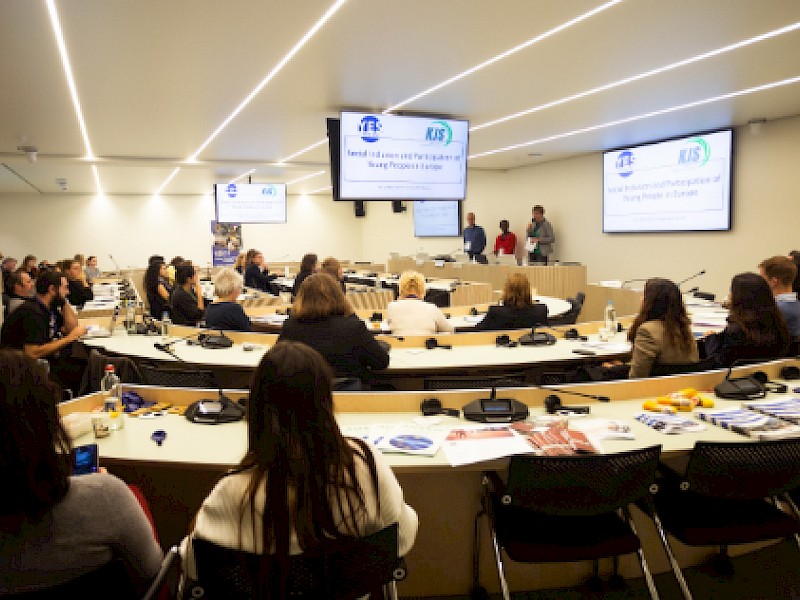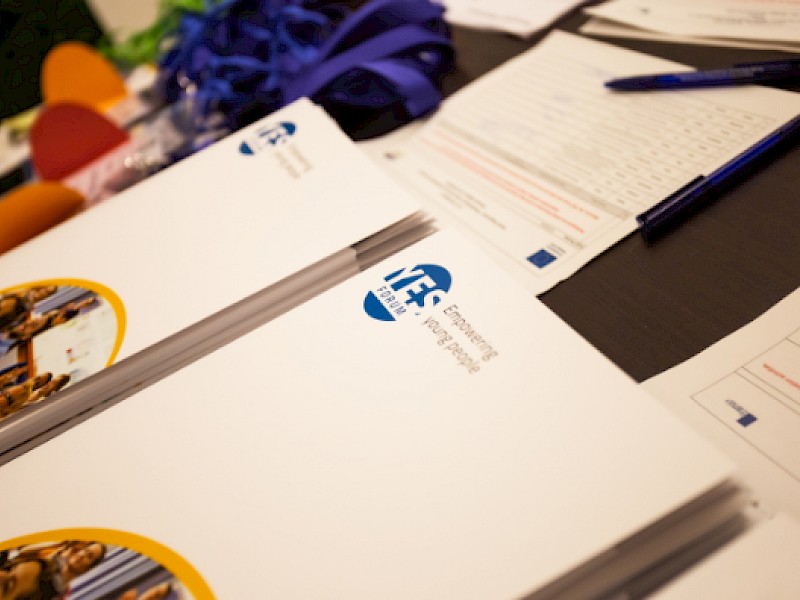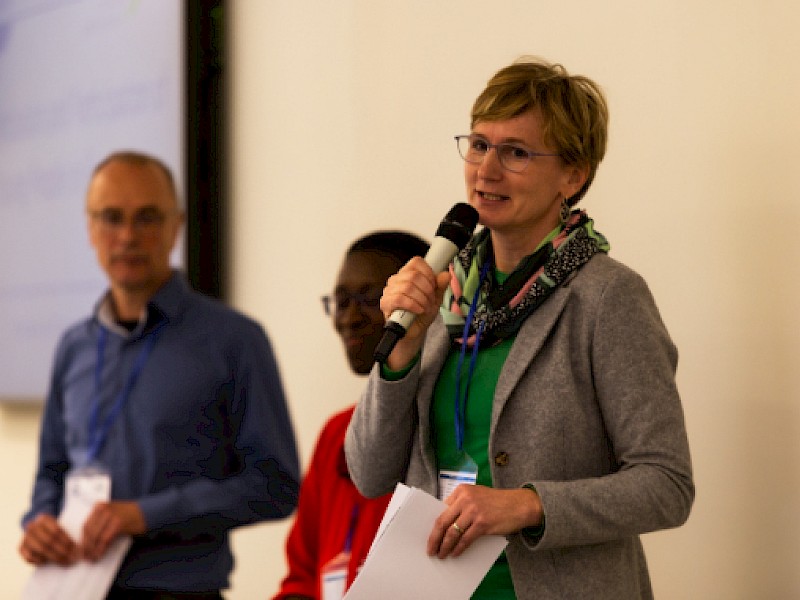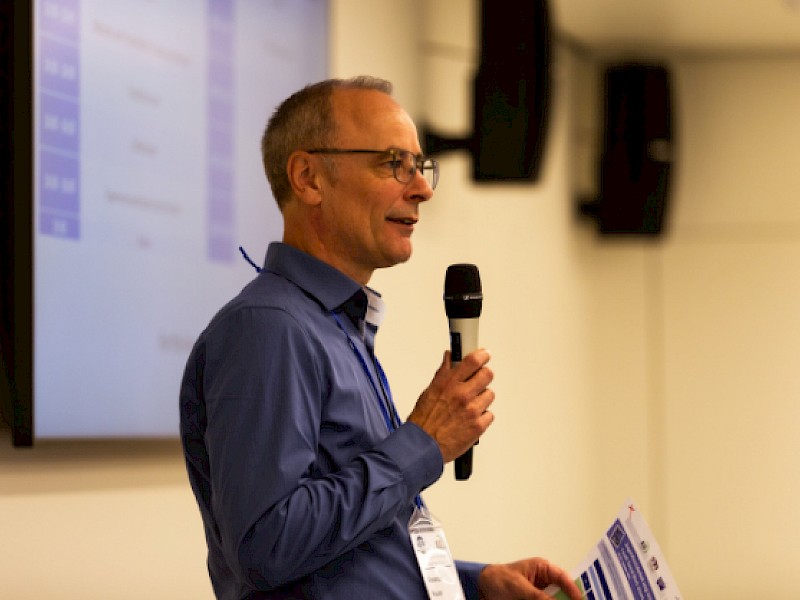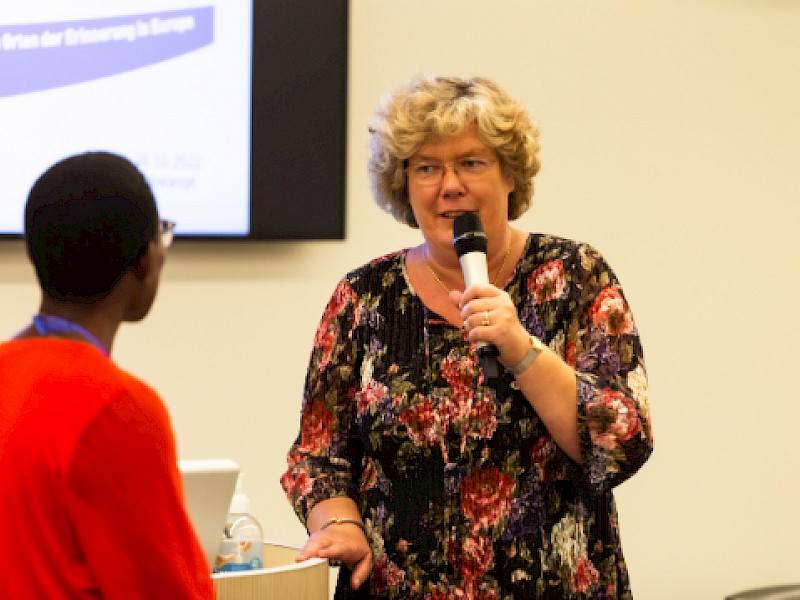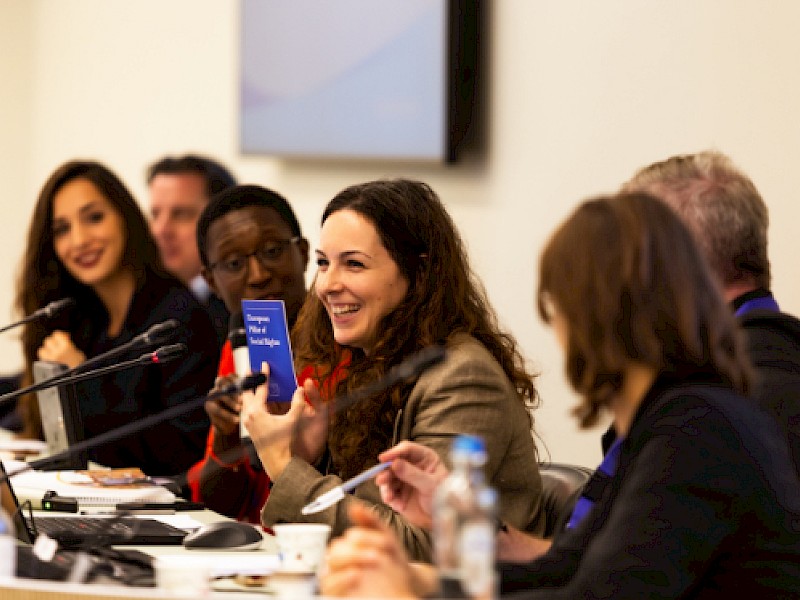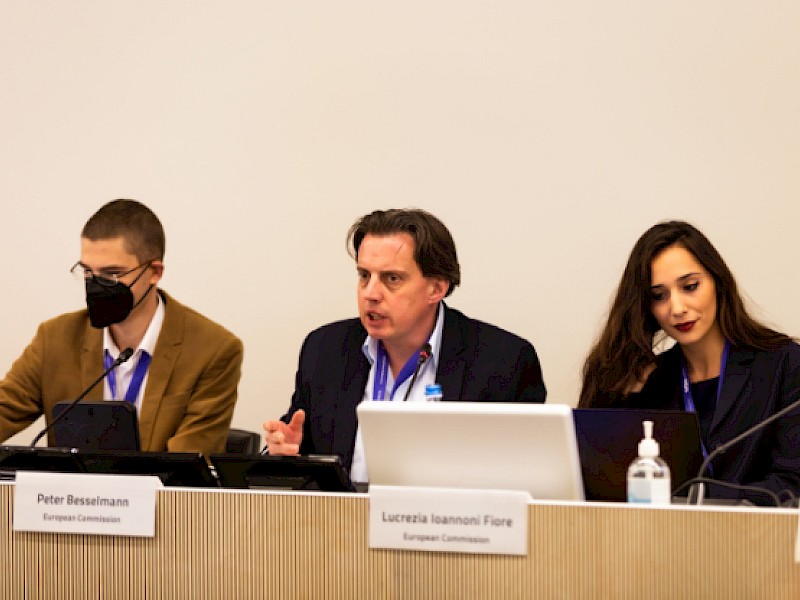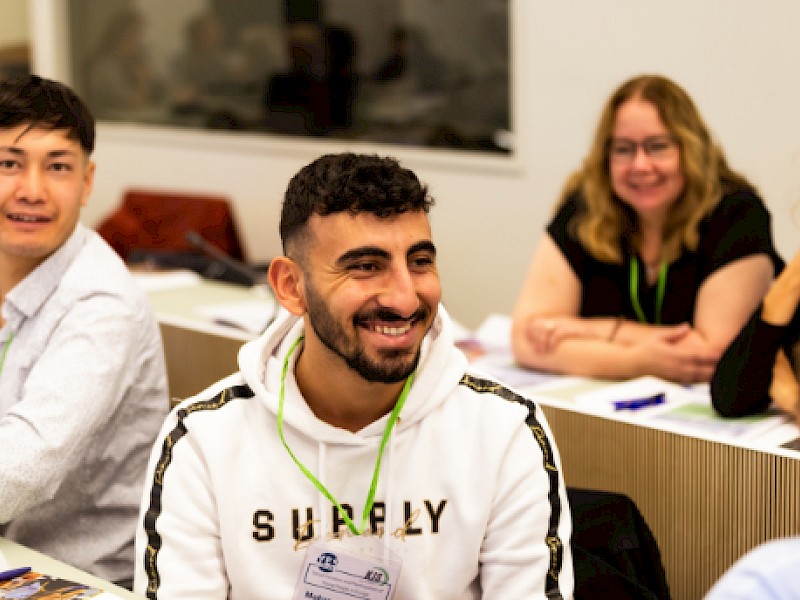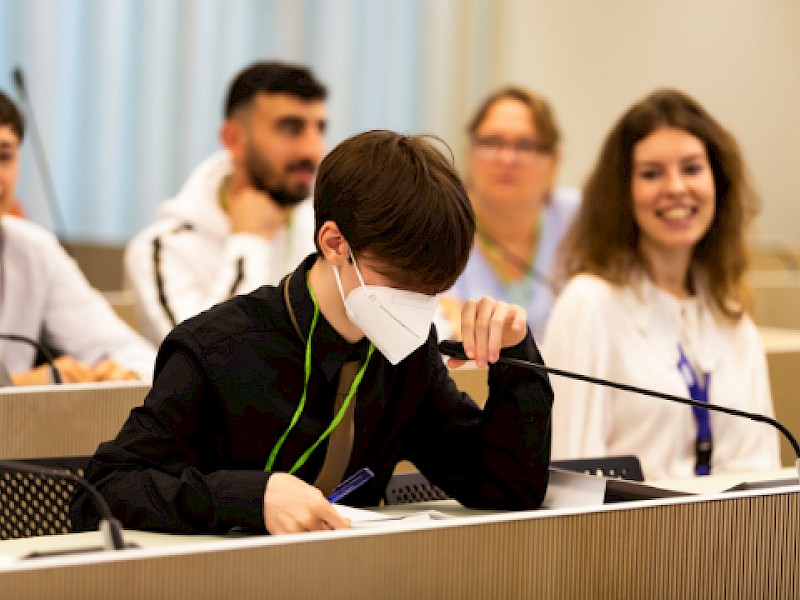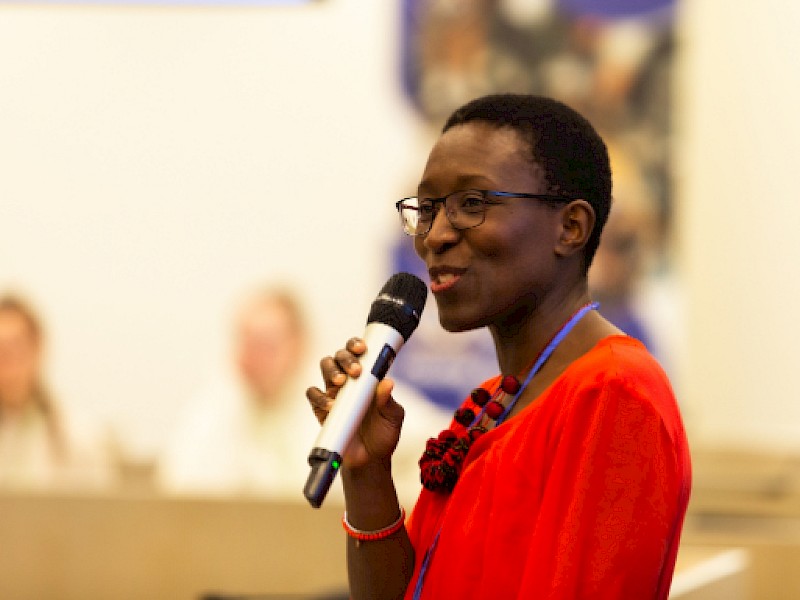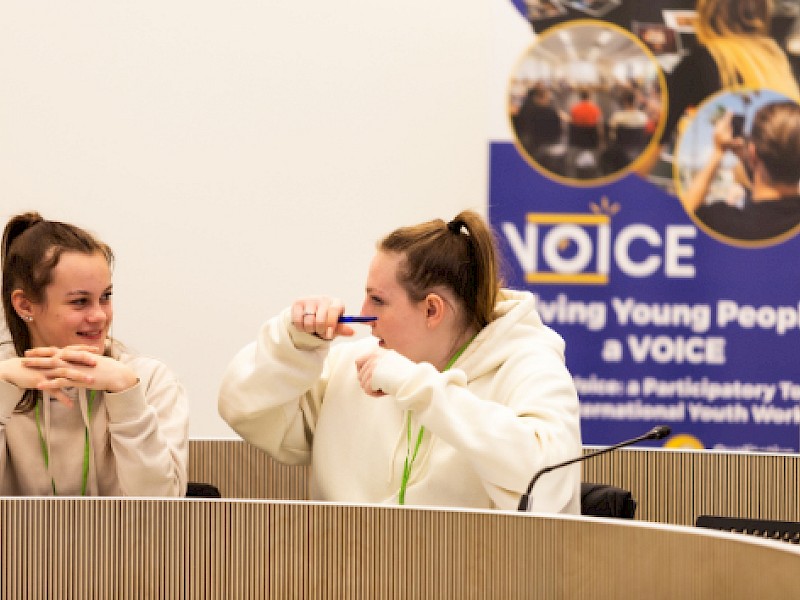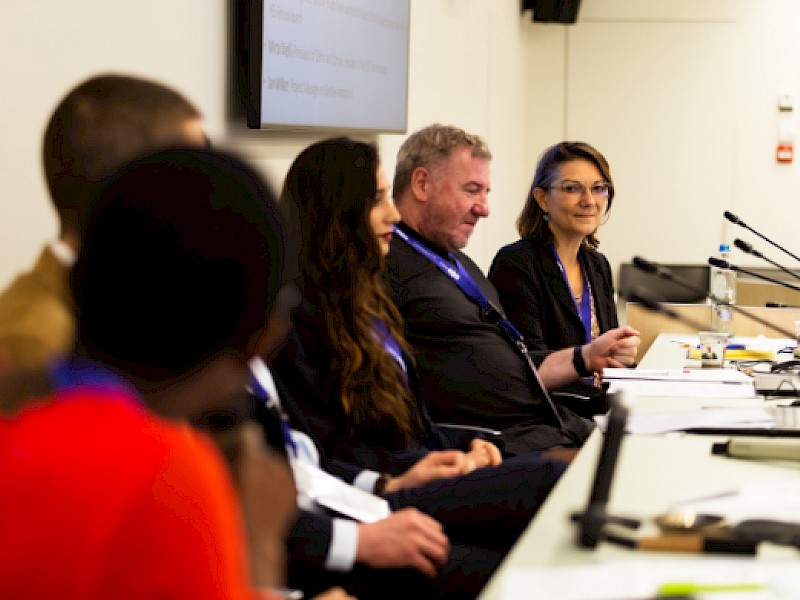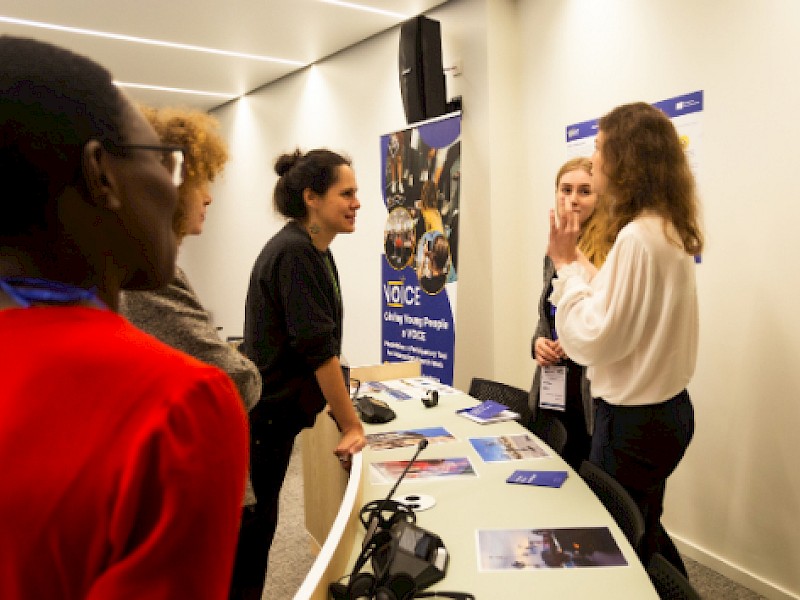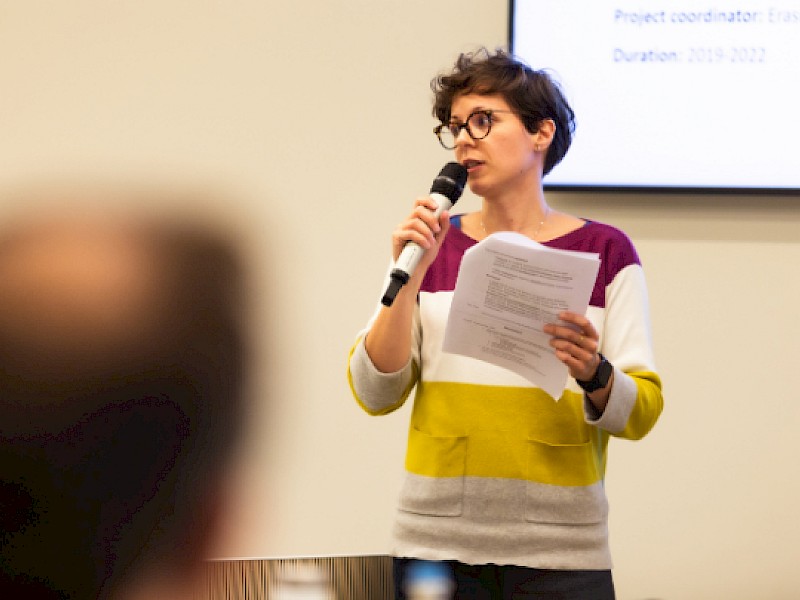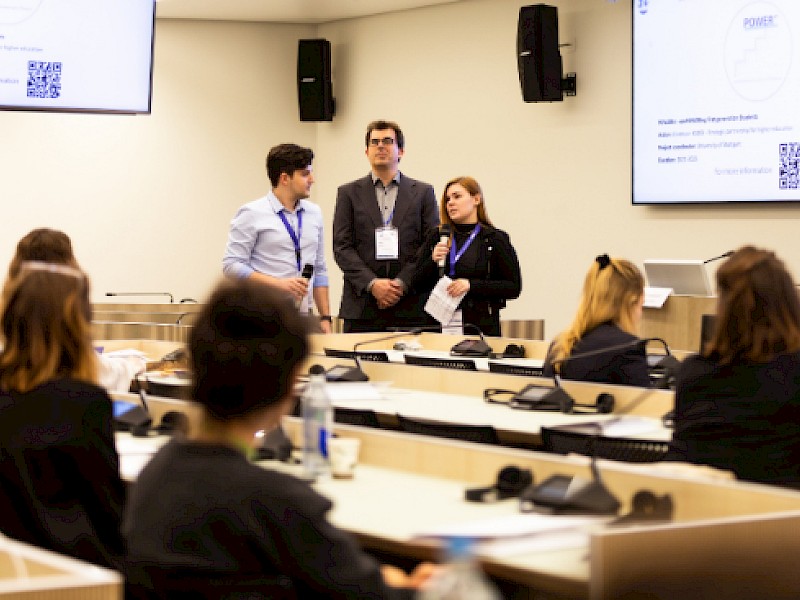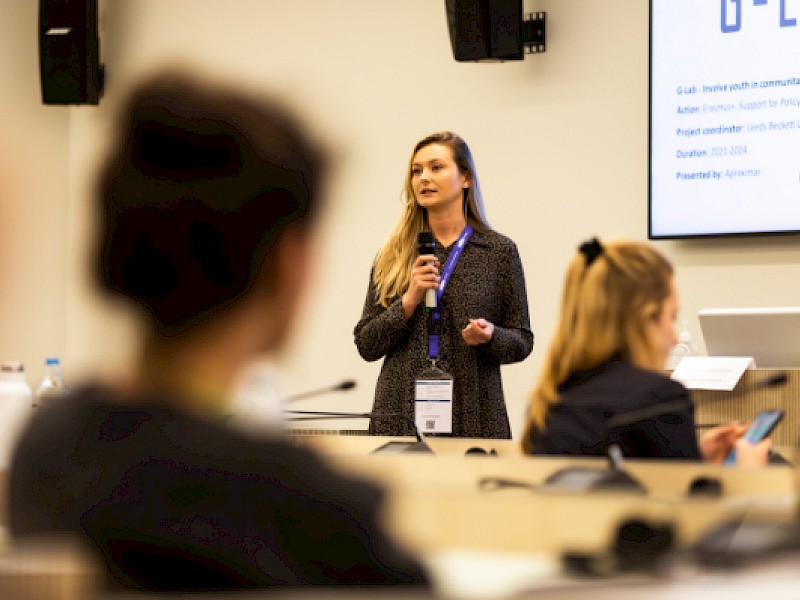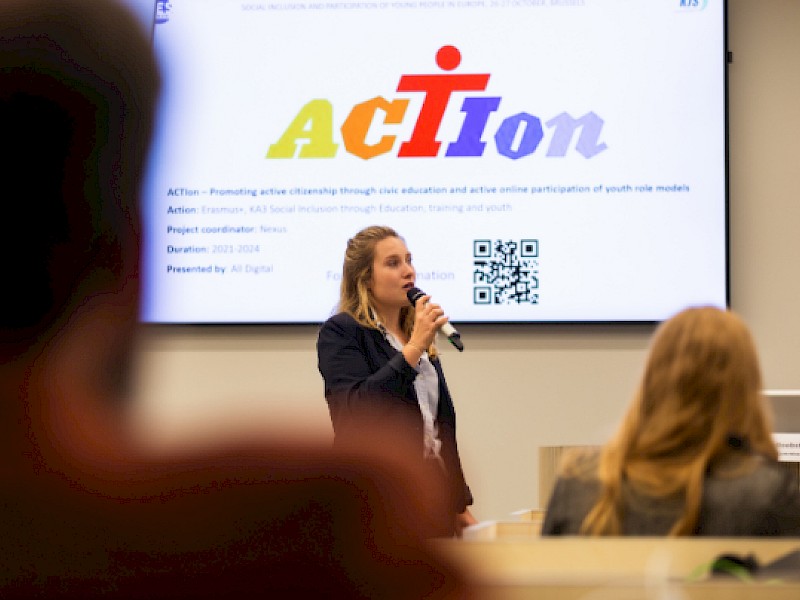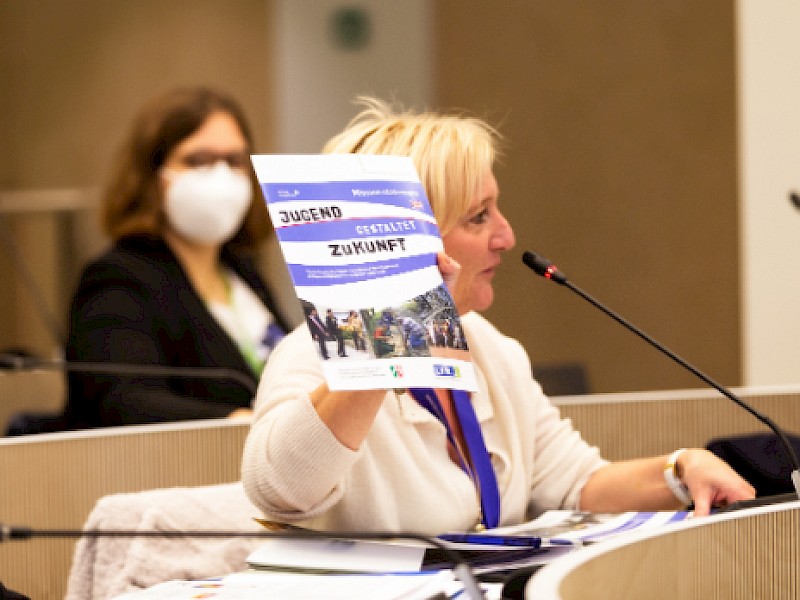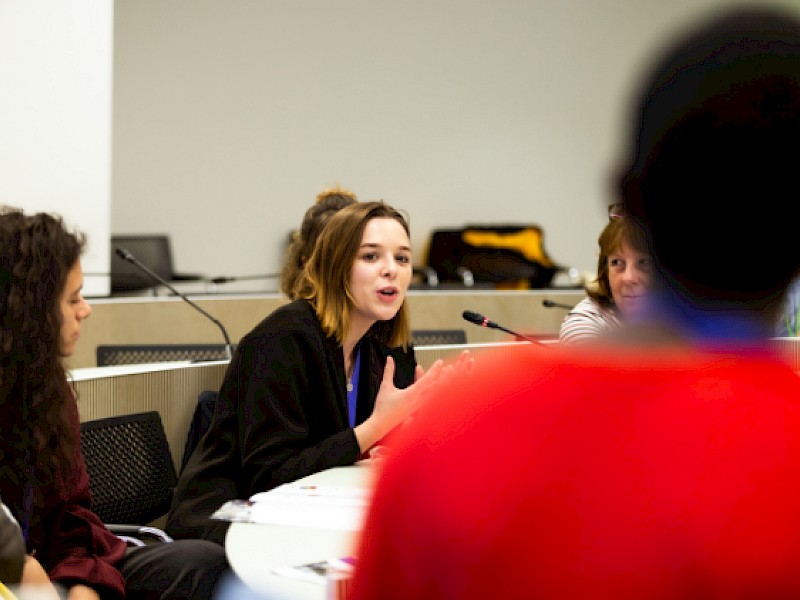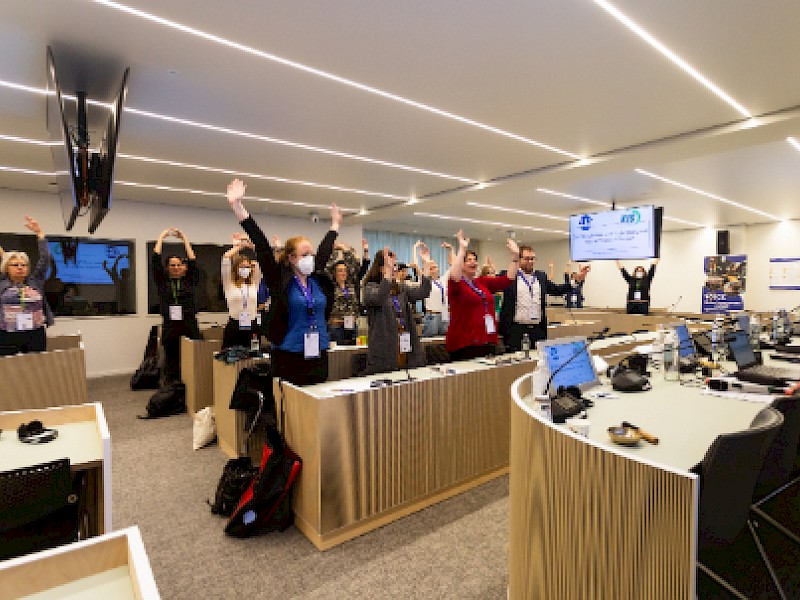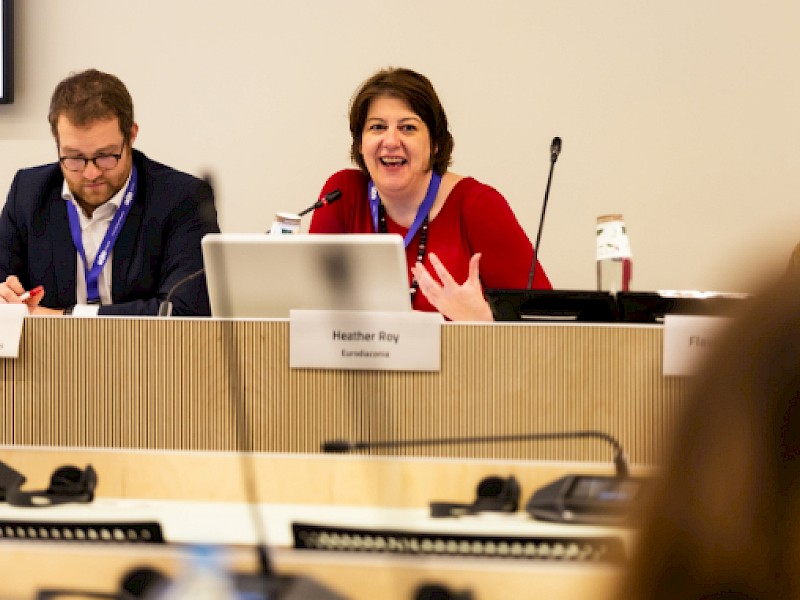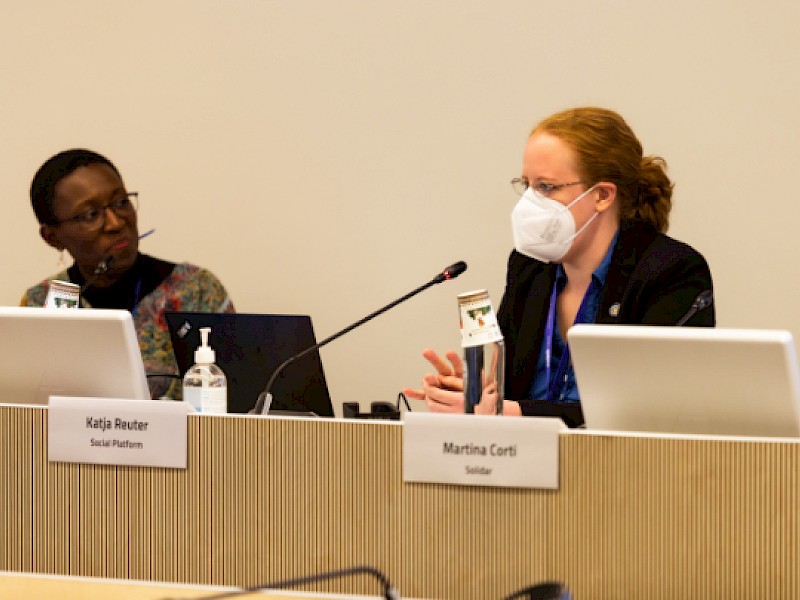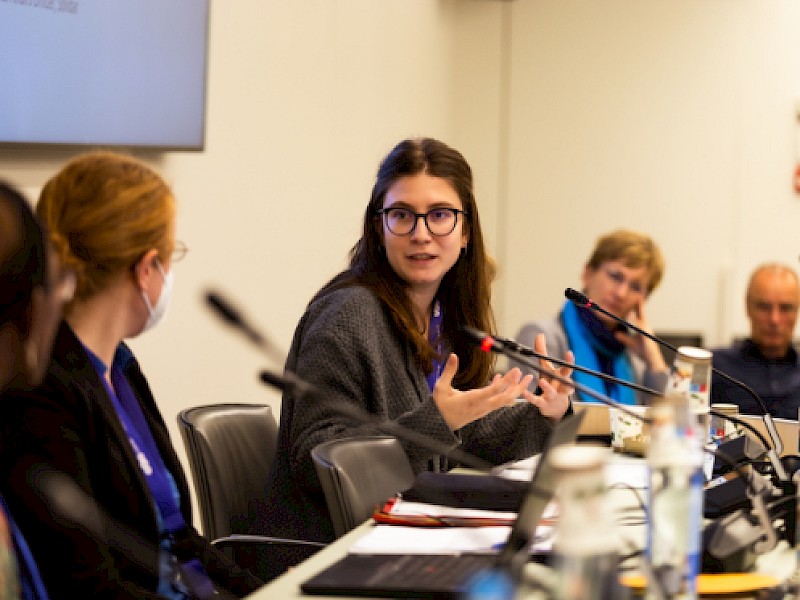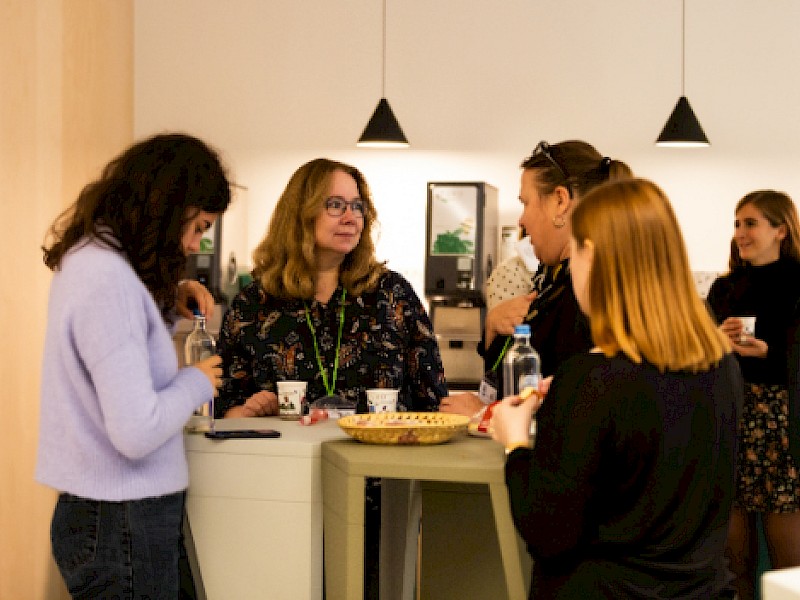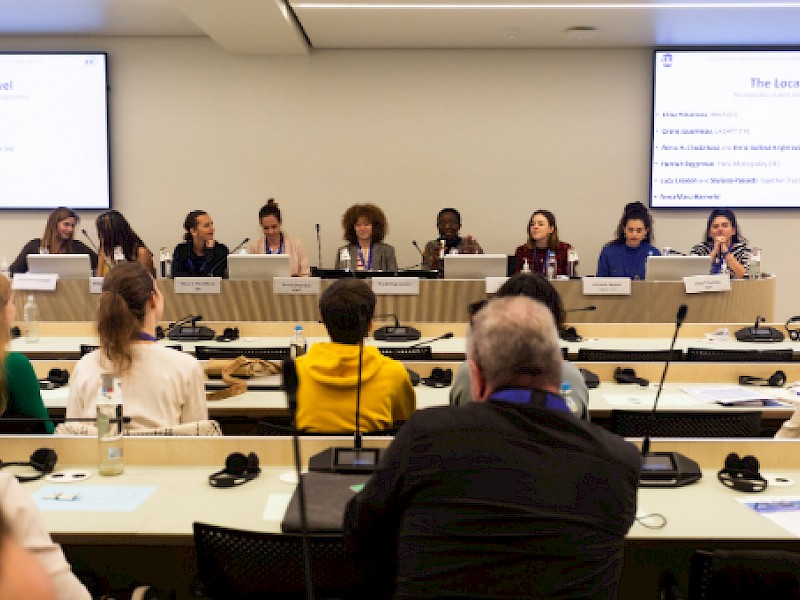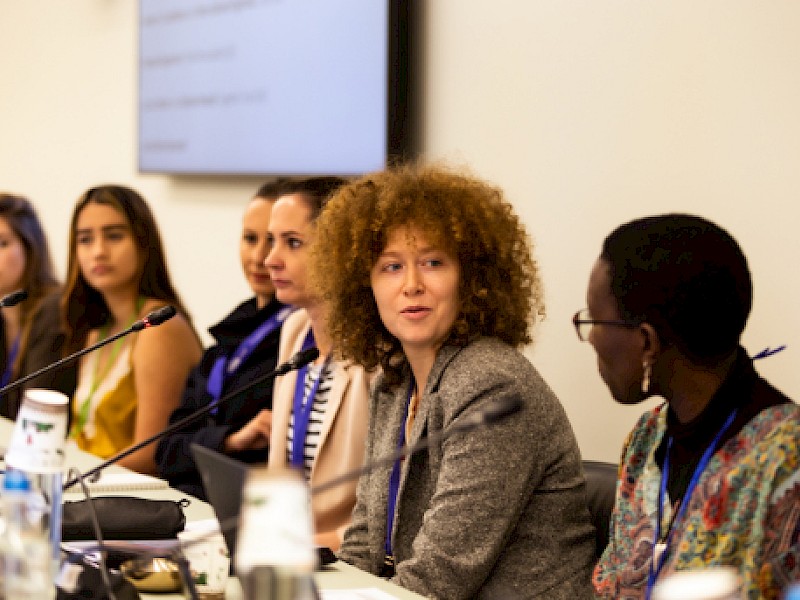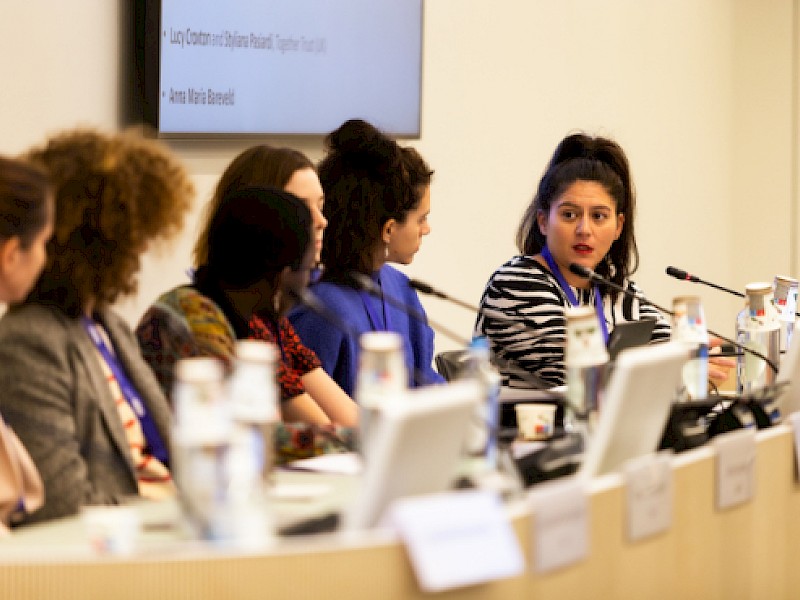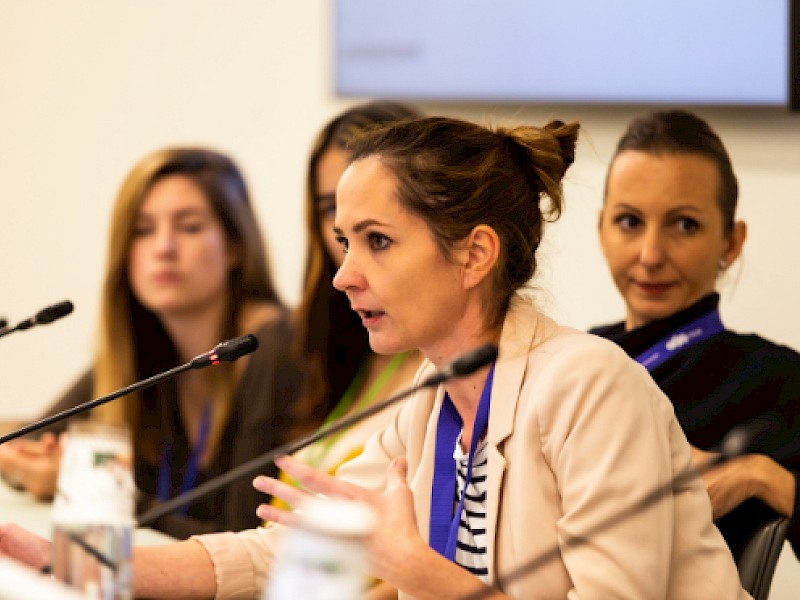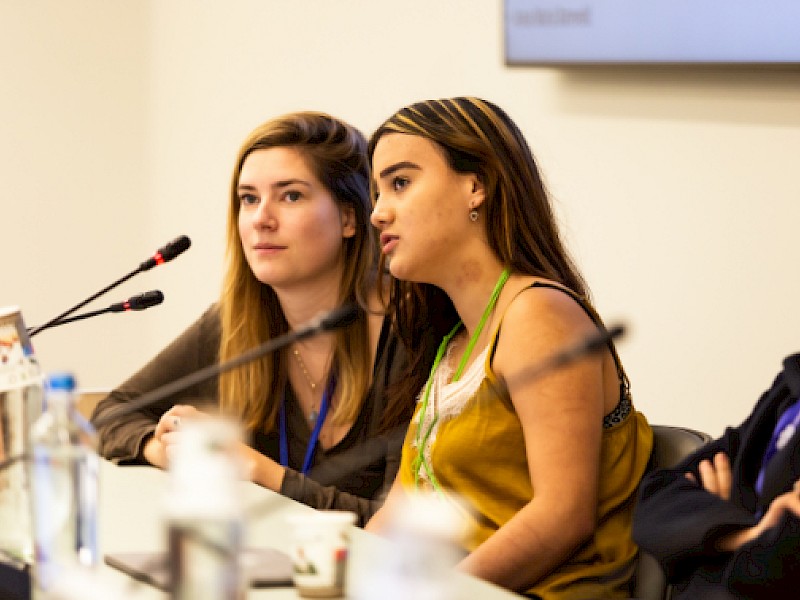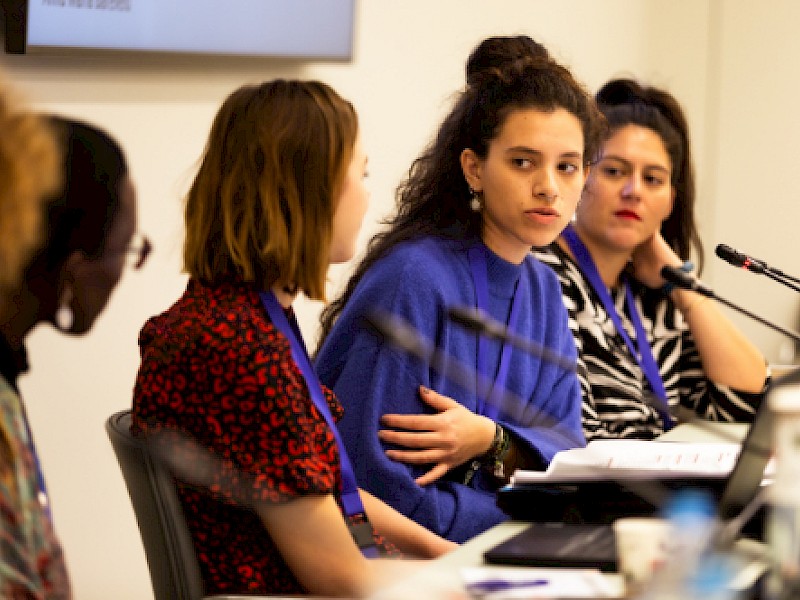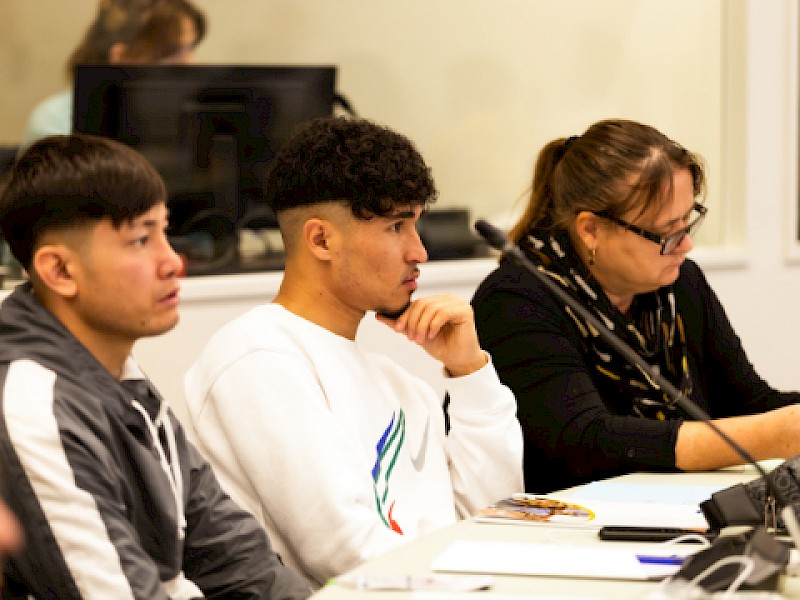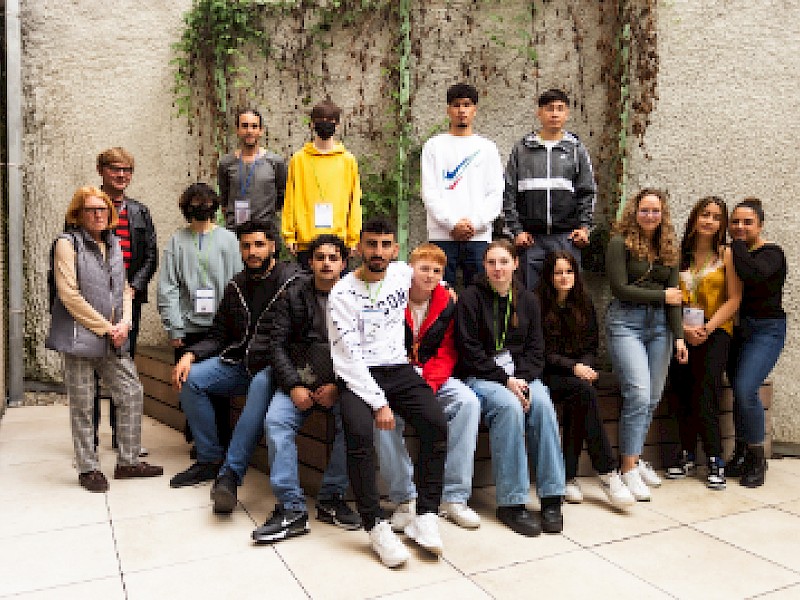On 26-27 October, we met in Brussels with professionals from the youth and social work field, members of the European Commission, representatives of European networks and young people.
It was an insightful event, full of exchanges and discussions about the European Pillar of Social Rights and their implementation on the field.
Participants learnt more about European social policies and how they are translated into effective work. We also got familiar with the situation of social work in different European countries.
Moreover, young participants not only got to know better the European Union: their voices were also carefully heard.
The EPSR & the field work
This year’s Policy Event focused on the European Pillar of Social Rights and the contributions of social and youth work organisations.
Silvana Roebstorf, Policy Officer at the European Commission, introduced the background of the EPSR and its evolution. To complement the policy aspect, Peter Besselmann and Lucrezia Ioannoni Fiore, Desk Officers ALMA initiative, explained this recent initiative launched by the European Commission to support NEETs to join the job market. A panel discussion followed the insight into the policy level. Sterenn Coudray (IB), Mirco Trielli (Zefiro) and Jan Wilker (Goethe Institut) added perspectives from the local level.
Several European networks also presented their work and experience regarding the EPSR. Heather Roy (Eurodiaconia), Katja Reuter (Social Platform), Philip Hagedorn (EU Office of the German Caritas Association) and Martina Corti (Solidar) showed how different ways networks contribute to developing a more social Europe.
Local organisations had the chance to explain their activities and discuss the challenges and opportunities they perceive from their day-to-day work. Projects that promote inclusion in different ways were presented: innovative research methods, youth cooperation at places of remembrance, inclusivity of higher education and international mobilities and digitalisation as a tool to promote youth participation.
The reflections of representatives of local organisations coming from Greece, Slovakia, France, the United Kingdom and the Netherlands were a clear reminder of how essential grassroots work is to ensure that no one is left behind.
Involving young people
This year’s Policy Event was organised in the framework of the European Year of Youth, so youngster could not have been left out of the event. Younger participants joined a tailor-made parallel programme that introduced them to the European Union through engaging activities.
On the first day, about 20 young participants from 16 to 25 years-old were introduced to the European Union through engaging activities. They visited the Parlamentarium first, a very interactive museum providing accessible information on the European Union.
Then they explored the European Quarter on their own through a "European Treasure Hunt" which challenged them to find their own answers about the EU.
The young participants started the second day with discussions on the discoveries of the previous day. They then joined the programme, where a Dutch youngster joined the session on the local level! In a very touching moment, she shared the impact that youth work and the social work that accompanies her have in her life.
We acknowledge that for young people it is not always easy to speak one's mind in such a context. That is why such the "parallel programme" was designed: it first helped the young participants to gain confidence and basic knowledge about the EU in a playful and comfortable setting, before joining the more formal Policy Event on an equal footing with the other participants.
The event was hold in the framework of:
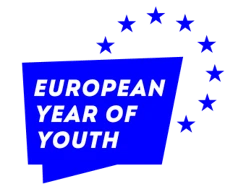
With the support of:
|  |
|  |
 |
